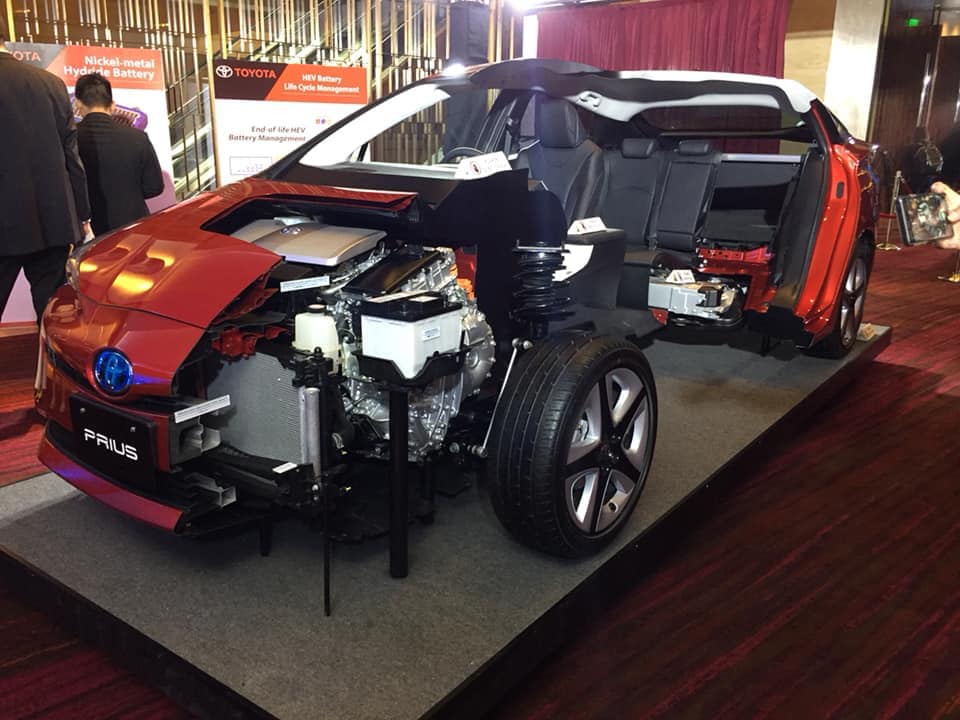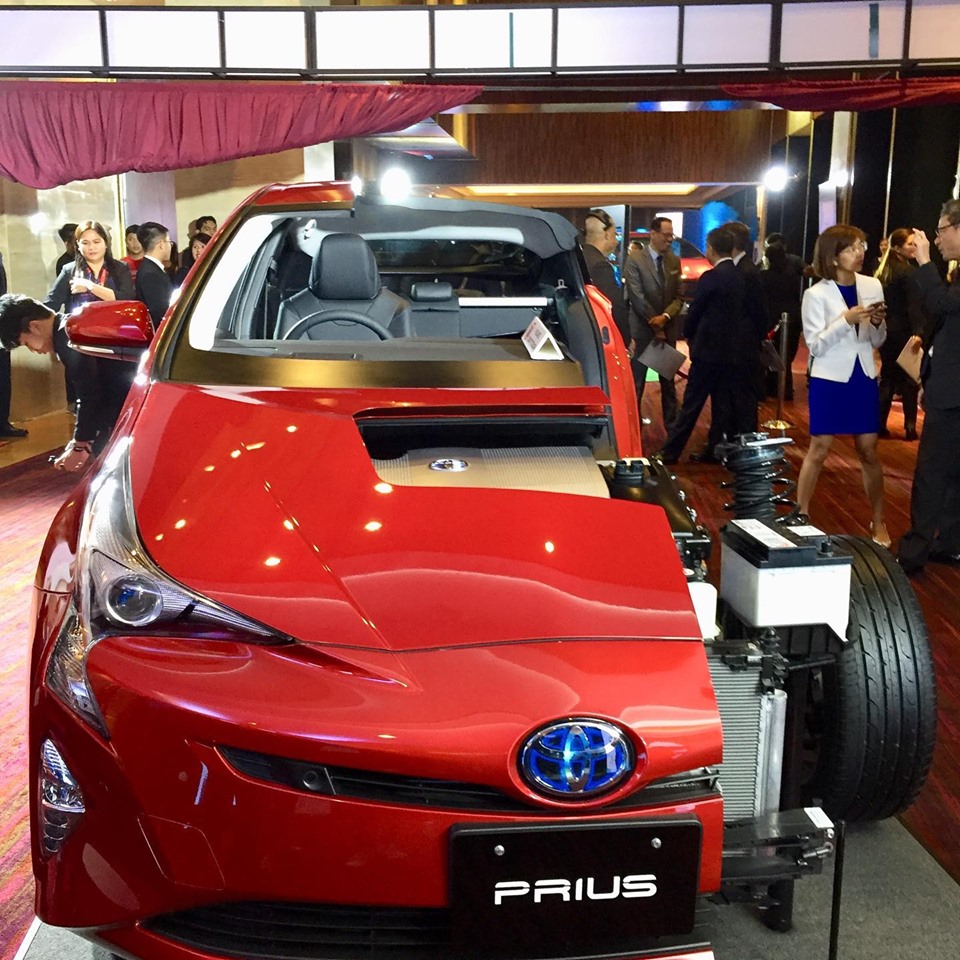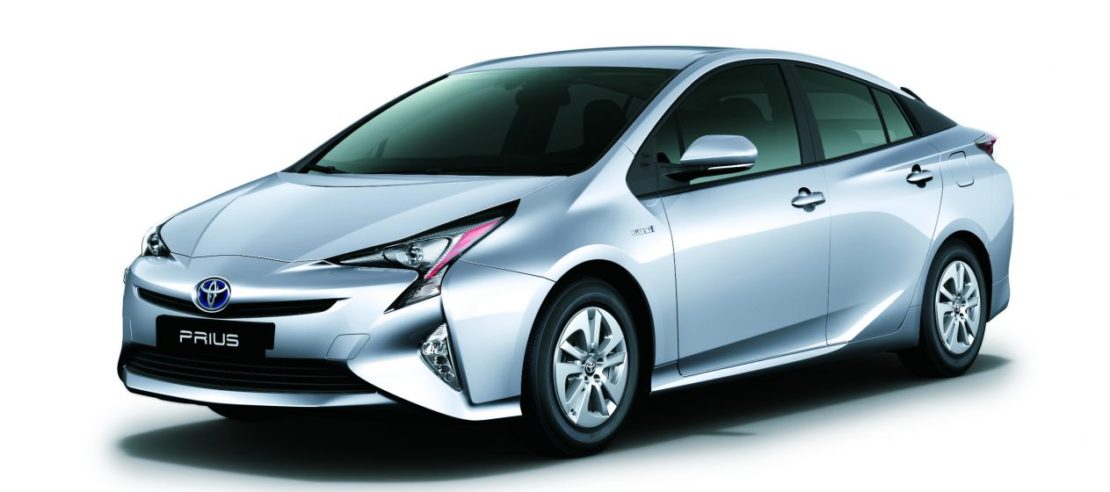It seems like everyone is trying to catch up with the pace of technology. We live in an era where our lives has been transformed and influenced by different new technologies. The rise of smartphones, modern artificial intelligence (which can simulate reasoning and mimic’s human process) and EVs, are now reshaping the entire universe faster than ever before.
This now leads the number one carmaker in the country—Toyota Motor Philippines (TMP)—to take action moving towards sustainable future. To raise and educate awareness on the inevitable global shift of the auto industry from traditional gas engines to electric vehicles, TMP recently holds an awareness-into-action initiative that unites private companies, technical experts, key government officials, members of the press, the academe, and several NGOs, aims to propel the country into this paradigm shift through its lineup of self-charging Hybrid Electric Vehicles (HEV).
With a theme “TOWARD SUSTAINABLE MOBILITY”, the Toyota HEV Conference was jumpstarted by TMP in an effort to openly discuss the consequential effects of HEVs in the local and current landscape, aimed at promoting wider adoption of hybrids as the future of local transportation.
In a press statement, Satoru Suzuki, President of TMP, said, “Toyota has a whole range of electrified vehicle (xEV) technology that can help achieve sustainable mobility goals. But xEV popularization depends on many factors and varies by market. Based on current Philippine conditions, it is most appropriate to start with HEV popularization in order to accelerate the reduction of emissions and fuel consumption.”

“For thirty (30) years, Toyota’s business in the Philippines continue to increase through TMP. The Philippines is home to one of Toyota’s manufacturing bases in the region. We take seriously our responsibility to protect our host nation through sustainable business practices as we grow our business under the principles of ALWAYS BETTER CARS, ALWAYS BETTER LIVES. At TMP, we have established a clear environmental policy that outlines the basic values that the company follows with respect to operations,” explains Suzuki.
HEVs are widely known to be more fuel efficient than traditional gas engines, and their self-charging capability require no additional infrastructure to be built in order to seamlessly start the transition. These practical and proven factors make Toyota hybrids the viable option as the Philippine transportation alternative for a sustainable future.
Toyota, as a global entity responsible for moving millions of people around the world, has been developing its hybrid technology since the late 1990s. It is the first car manufacturer to overcome the technical and engineering nuances that prevent the unique powertrain from being mass-produced. In 1997, the Toyota Prius was launched in Japan and the United States, making it the first-ever hybrid electric vehicle to be publicly available to consumers.

The Prius is known for harnessing power from two sources: a gas engine and an electric motor run by a self-charging battery. This combination makes the model fare better with fuel economy and riding comfort.
TMP was the first automotive brand to make hybrid electric vehicles locally accessible in the Philippines with the introduction of the second generation Prius in 2009. Currently, TMP offers two hybrid models in its Toyota vehicle lineup—the Prius and Prius C; and six hybrid models under the Lexus brand—GS 450h, NX 300h, RX 450h, CT 200h, CT 200h F Sport, LS 500h.

